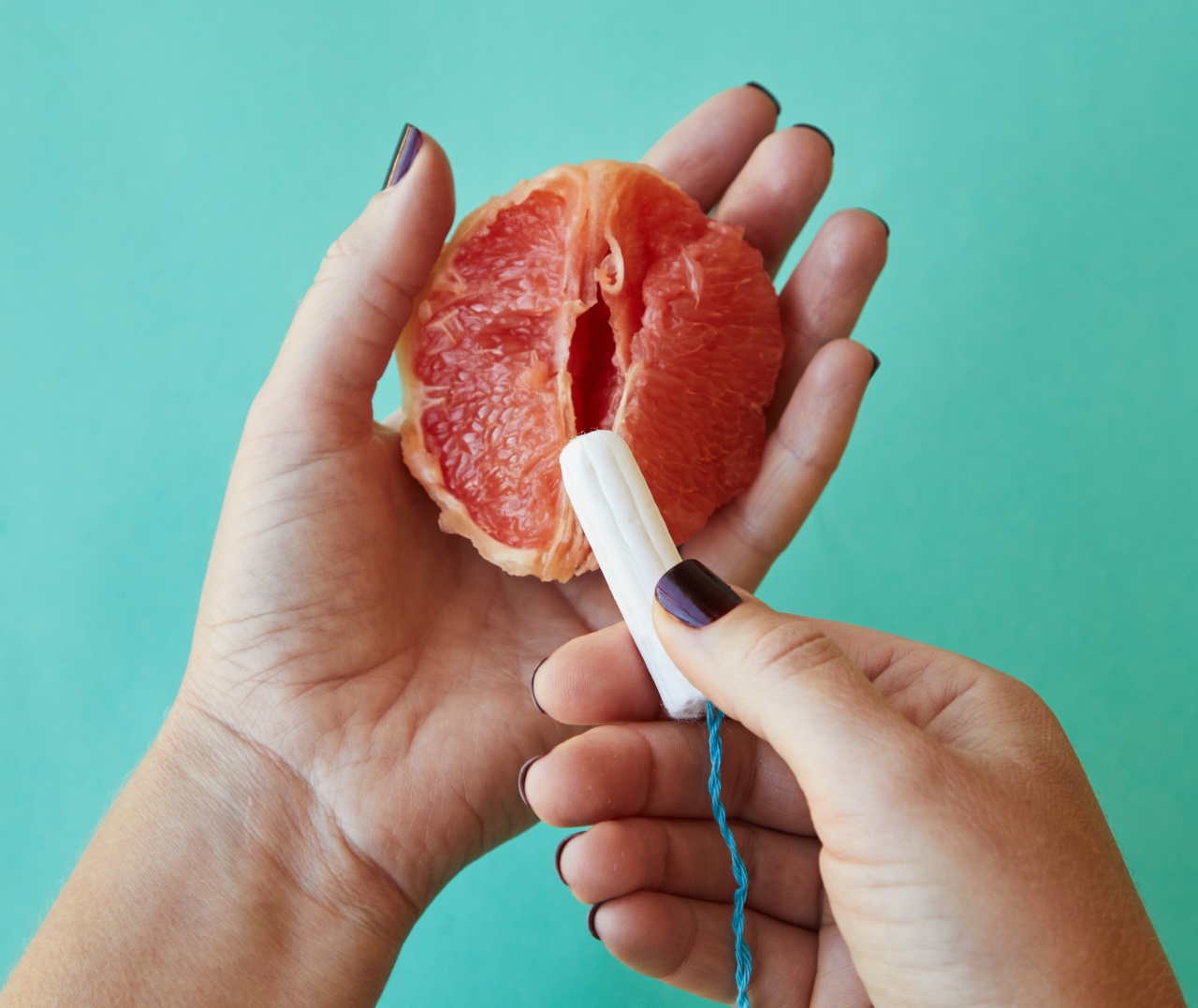Alcohol is one of the most widely consumed psychoactive substances in the world, used by millions of people to relax and unwind after a long day.
While moderate alcohol consumption is not known to cause significant health issues, excessive alcohol consumption can lead to numerous problems, including mental and physical health issues, impaired cognition, and disruption of the body’s natural sleep cycle.
What is the Natural Sleep Cycle?
The natural sleep cycle, also known as the circadian rhythm, is the body’s internal clock that regulates the sleep-wake cycle. It is a 24-hour cycle that is influenced by external cues such as light and dark.
In the absence of external cues, the body’s natural sleep cycle will still follow a 24-hour cycle.
The natural sleep cycle can be divided into two phases: the REM (rapid eye movement) phase and the non-REM phase. During the REM phase, the brain is highly active, and this is when dreaming occurs.
During the non-REM phase, the body and brain enter a state of deep relaxation, and this is when most of the body’s rest and repair processes occur.
How Does Alcohol Affect the Natural Sleep Cycle?
Alcohol consumption can have a significant impact on the natural sleep cycle.
While alcohol may initially help you fall asleep faster and sleep more soundly, it can disrupt the body’s natural sleep cycle and prevent you from getting the quality sleep you need.
Alcohol Reduces REM Sleep
One of the ways alcohol disrupts the natural sleep cycle is by reducing the amount of REM sleep you get. REM sleep is important for overall health and well-being.
It is during this phase that the brain consolidates memories and processes emotions, and it is essential for maintaining healthy cognitive function.
Studies have shown that alcohol can significantly reduce the amount of REM sleep you get, even in moderate doses. This can lead to impaired cognitive function, mood disorders, and other mental health issues.
Alcohol Decreases Deep Sleep
In addition to reducing the amount of REM sleep, alcohol can also decrease the amount of deep sleep you get. Deep sleep is the most restorative sleep phase, and it is essential for the body to repair and rejuvenate itself.
Alcohol can disrupt deep sleep by causing breathing difficulties and interrupting the body’s natural sleep cycle. This can lead to daytime fatigue, poor concentration, and impaired physical performance.
Alcohol Can Cause Insomnia
While alcohol may initially help you fall asleep faster, it can also cause insomnia and lead to sleep disturbances later in the night. This is because alcohol causes the body to metabolize sugar quickly, which leads to a drop in blood sugar levels.
When blood sugar levels drop too quickly, the body produces cortisol, a stress hormone, which can wake you up and prevent you from getting back to sleep. This can lead to a cycle of wakefulness and insomnia that can disrupt your natural sleep cycle.
Alcohol Causes Dehydration
Another way alcohol can disrupt the natural sleep cycle is by causing dehydration. Alcohol is a diuretic, which means it can cause the body to lose fluids and become dehydrated.
Dehydration can lead to a range of health issues, including headaches, dry mouth, and fatigue, all of which can disrupt your natural sleep cycle.
Alcohol Disrupts the Body’s Internal Clock
Finally, alcohol can disrupt the body’s internal clock by interfering with the production of melatonin, a hormone that regulates the sleep-wake cycle.
Melatonin is produced by the body in response to darkness and is responsible for signaling to the body that it is time for sleep.
Alcohol can interfere with the body’s natural production of melatonin, preventing the body from entering the restorative deep sleep phase. This can lead to sleep disturbances and daytime fatigue.
The Bottom Line
While alcohol may initially help you fall asleep faster, it can disrupt the body’s natural sleep cycle and prevent you from getting the quality sleep you need.
Alcohol can reduce REM sleep, decrease the amount of deep sleep, cause insomnia, lead to dehydration, and disrupt the body’s internal clock.
If you are struggling to maintain a healthy sleep cycle, it is essential to speak with your healthcare provider about ways to improve your sleep habits and reduce your alcohol consumption.


























